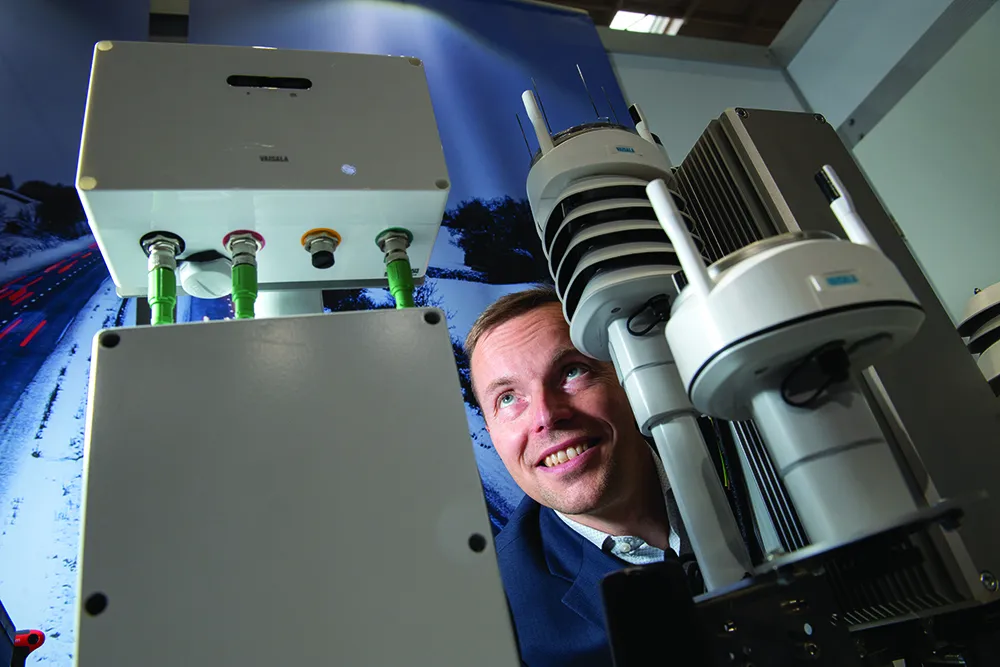Part of Solihull Metropolitan Borough Council’s Anita Scheme to improve traffic management as well as accessibility and information for cyclists, pedestrians and bus passengers, UK company Vital Technology’s Vital Tri-Sign variable message sign has been installed at key locations in the area. The Highways Agency-approved Vital Tri-Sign is a series of rotating prisms; one face of the prism advises vehicles of normal running conditions, the other faces give information on unusual circumstances such as a predi
June 18, 2013
Read time: 2 mins

Part of Solihull Metropolitan Borough Council’s Anita Scheme to improve traffic management as well as accessibility and information for cyclists, pedestrians and bus passengers, UK company 7324 Vital Technology’s Vital Tri-Sign variable message sign has been installed at key locations in the area.
The503 Highways Agency-approved Vital Tri-Sign is a series of rotating prisms; one face of the prism advises vehicles of normal running conditions, the other faces give information on unusual circumstances such as a predicted diversion, exceptional weather conditions, congestion etc. Tri-Sign can even operate in conjunction with temperature sensors and advise motorists of dangerous driving conditions.
Control mechanisms are wired or wireless and based on open architecture and protocols, with operation by GSM and radio transmission fobs being common options. An integrated timer5 enables standard changes of face, such as bus lane status in and out of peak hours.
The signs are used to advise road-users of heavy traffic during events at the National Exhibition Centre or traffic congestion around Birmingham airport airport, and provide motorists with alternative routes and diversions. The signage is being used in conjunction with CCTV and video analytics.
Harold Trunley, managing director of Vital Technology, said: “The Anita scheme has delivered demonstrable improvements to public transport services in this hub of the West Midlands. Managing congestion caused by events at the NEC and LG Arena is crucial. Assisting in provision of a real alternative to the car for employment and social trips is part of Vital’s green agenda.”
The
Control mechanisms are wired or wireless and based on open architecture and protocols, with operation by GSM and radio transmission fobs being common options. An integrated timer5 enables standard changes of face, such as bus lane status in and out of peak hours.
The signs are used to advise road-users of heavy traffic during events at the National Exhibition Centre or traffic congestion around Birmingham airport airport, and provide motorists with alternative routes and diversions. The signage is being used in conjunction with CCTV and video analytics.
Harold Trunley, managing director of Vital Technology, said: “The Anita scheme has delivered demonstrable improvements to public transport services in this hub of the West Midlands. Managing congestion caused by events at the NEC and LG Arena is crucial. Assisting in provision of a real alternative to the car for employment and social trips is part of Vital’s green agenda.”










